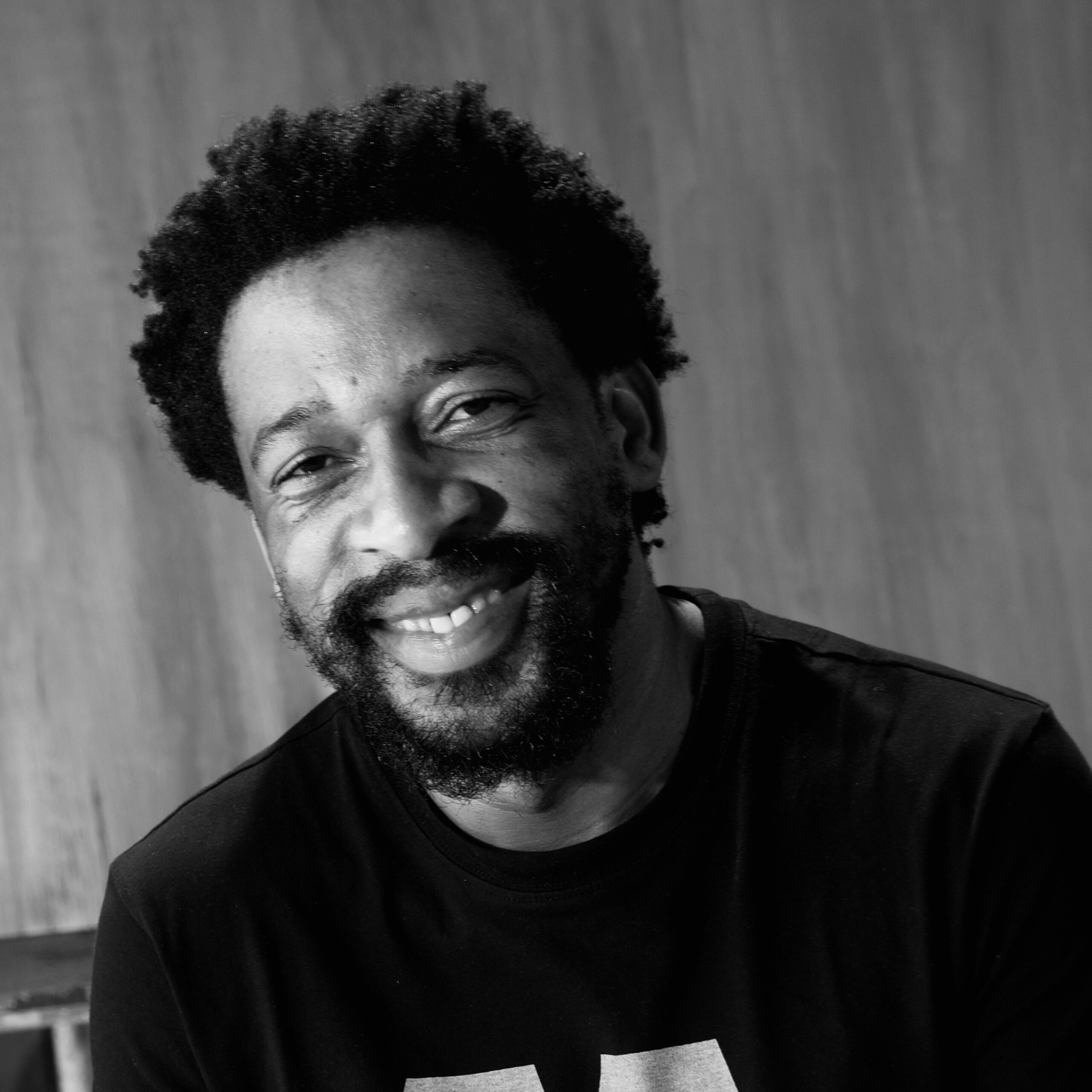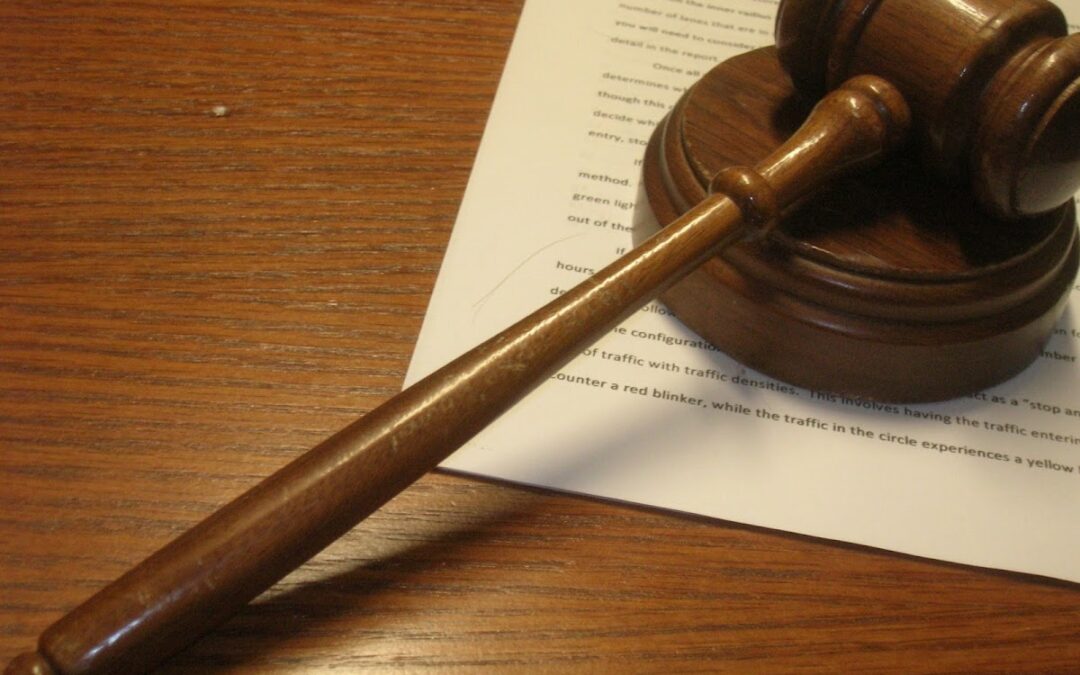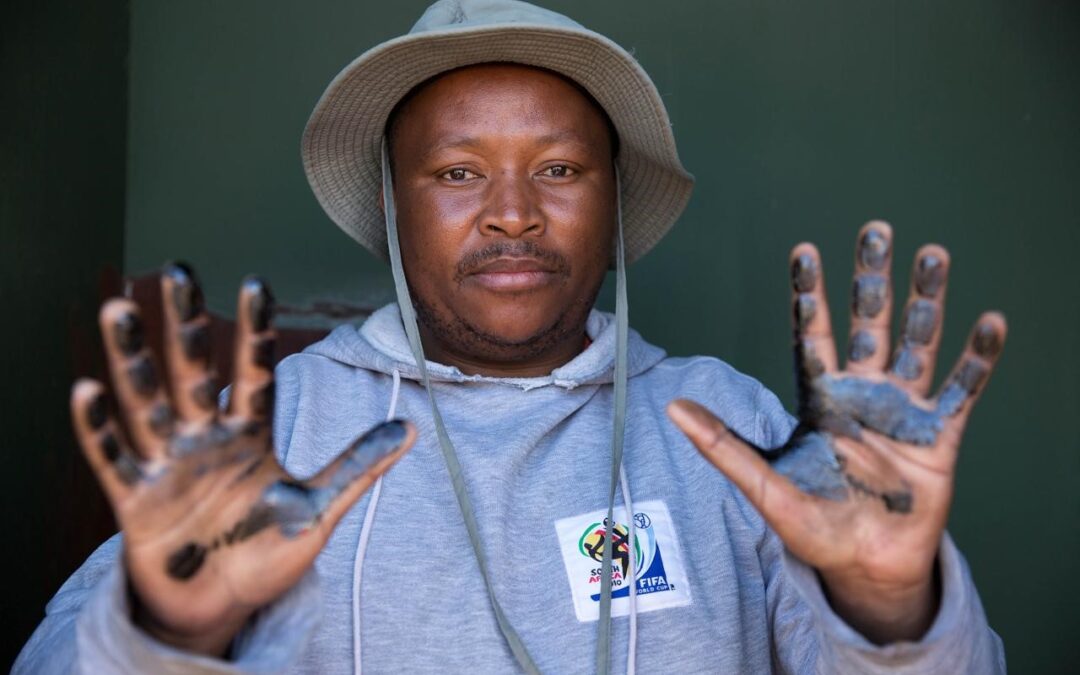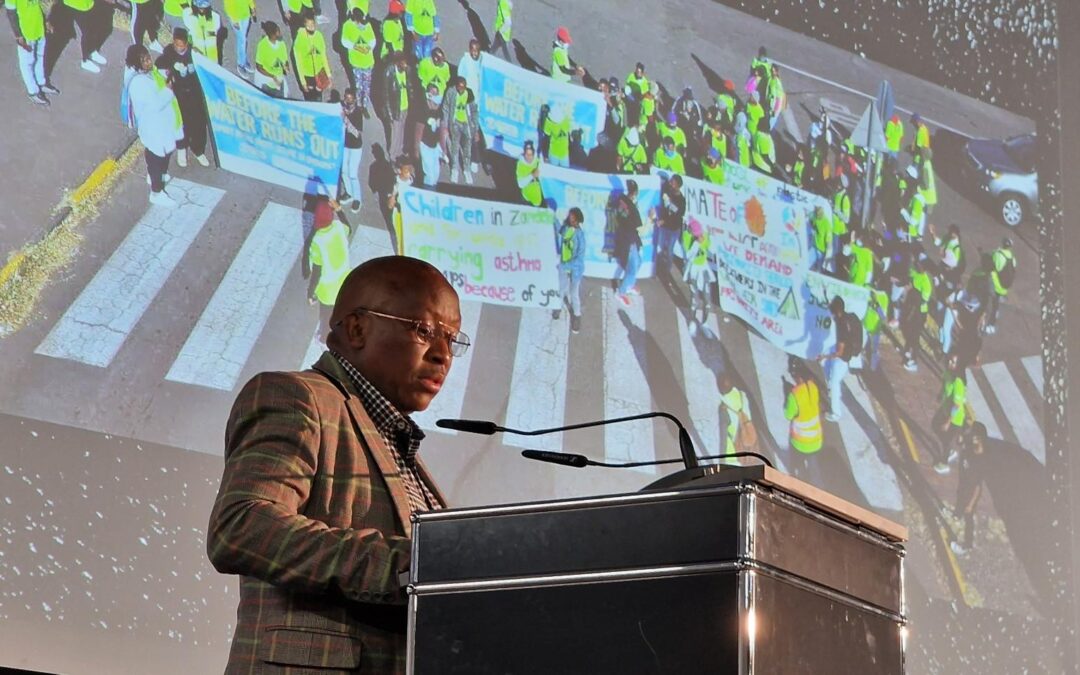
Tsepang Molefe
In early 2003, landmark litigation was brought by the Treatment Action Campaign against the government. The TAC confronted the government for not providing proven and cost effective medicines for prevention of mother-to-child transmission of HIV to pregnant mothers.
It won the court case on the basis of the constitutional guarantee of the right to health care, and the government was ordered to start programmes for prevention of mother-to-child-transmission of HIV in public health facilities.
As the wheels of justice turned, it became clear that the struggle for ordinary people against HIV would never be the same again and that people could live healthy lives with the virus. The “Deadly Air” case, which will be heard in the Pretoria High Court from May 17 to the 19, is similar to this. The landmark litigation was filed in June 2019 by groundWork and VEM Vukani Environmental Movement with the support of the Centre for Environmental Rights.
The case was filed against the government, and named as respondents are President Cyril Ramaphosa; Minister of the Environment, Forestry and Fisheries Barbara Creecy; national air quality officer Thuli Khumalo; and the MECs for agriculture and rural development in Gauteng and Mpumalanga. At the core of the matter are the high levels of air pollution on the Mpumalanga Highveld.
The two environmental groups want the court to declare that toxic air on the Mpumalanga Highveld is a violation of Section 24 of the Constitution which clearly states that everyone has the right to an environment that is not harmful to their health or wellbeing. It has been 14 years since the government itself declared the levels of air pollution on the Mpumalanga Highveld to be highly toxic and lethal to health. But limited action has been taken to address this and affected communities continue to carry the health burden as more lives are lost due to the high levels of air pollution.
In South Africa, the estimated health costs from coal power generation alone in 2018 range from R11 billion lower estimate up to R3Obn upper estimate and is projected to peak next year, at up to R45bn. As many as 2 080 premature deaths annually can be attributed to air pollution from power plants in South Africa.
The country’s high penchant for coal in its power generation industry has environmental, health and climate consequences. At least 86% of energy produced comes from coal. A fossil fuel that is harmful to the environment and even more harmful to people’s health and wellbeing. This makes South Africa the most coal dependent country in the G20. The government has a moral and constitutional obligation to safeguard public health. It has failed in its duty to make sure that those responsible for emitting deadly pollutants into the air that people breathe are held accountable and that the necessary steps are taken to reduce air pollution from these industries.
The burning of fossil fuels, like coal, results in air pollutants such as soot, fine dust and smog that are released into the atmosphere, the impact of which is known to be detrimental to people’s health and increases the risk of death from stroke, heart disease, lung cancer and respiratory illness among those exposed. Also, coal is a fossil fuel and the burning of it contributes significantly in CO2 which is known to drive global climate change.
Furthermore, air pollution from burning coal mainly affects the poor and this further perpetuates environmental injustices. Most of the communities do not have the resources to defend themselves against government or corporate abuse. More often than not, their voices are suppressed or ignored and the interest of industries reigns supreme while the government fails to hold them accountable. This case could arguably become the apex in the environmental justice struggle in the push for much needed societal change, for the benefit of all in our country. Alongside a transition to cleaner forms of generating energy, with associated health benefits we need a just transition that considers all our needs, and this case speaks to this.
The “Deadly Air” case is an important step in South Africa’s history that can directly save thousands of lives by cleaning up the air on the Highveld, so that people can breathe air that does not kill them or make them ill but, more importantly, it might also forever change the way people’s rights are realised and address the power relations between ordinary people, corporate industries and the government.
Tsepang Molefe is groundWork’s Media, Information, and Publications Campaign Managager.
This opinion piece appeared in the Cape Times, the Mercury, and the Pretoria News, and is also available as a stand-alone item here.



